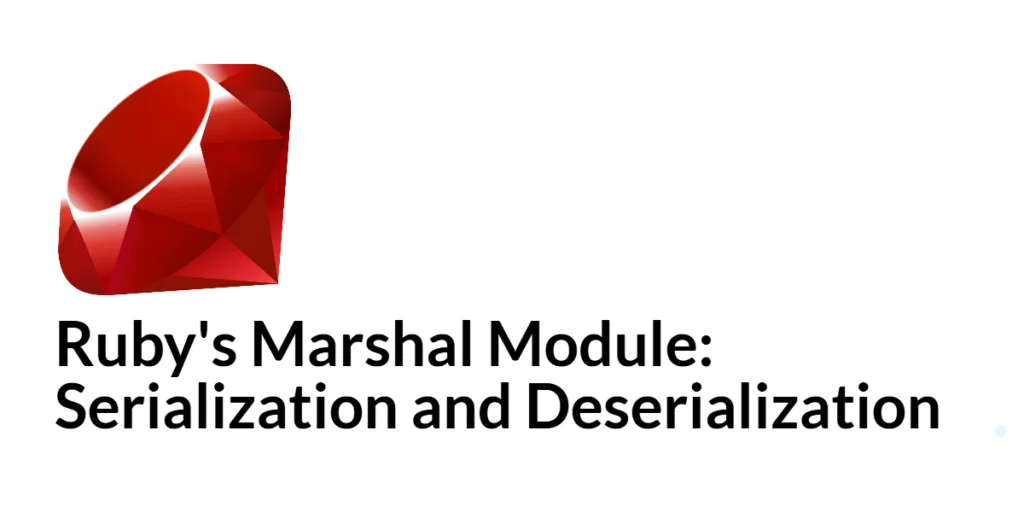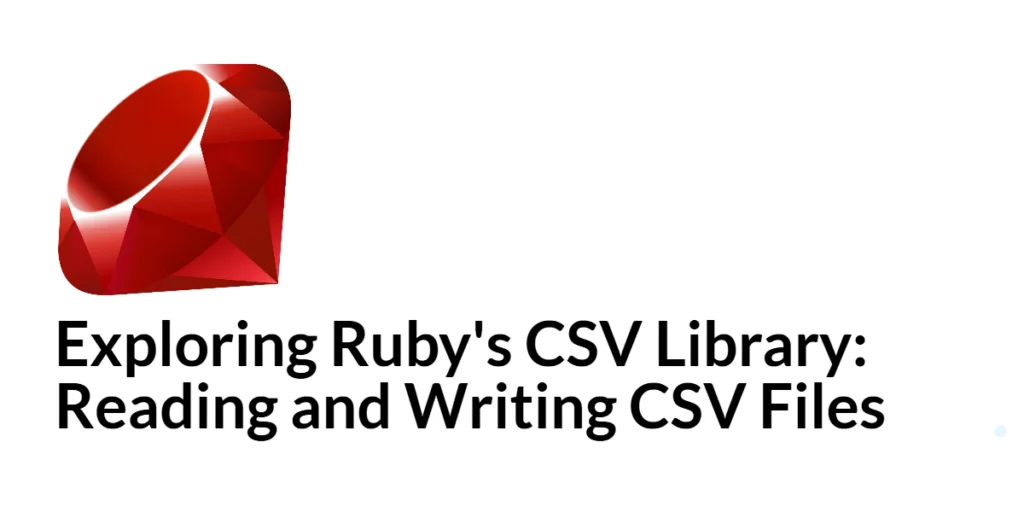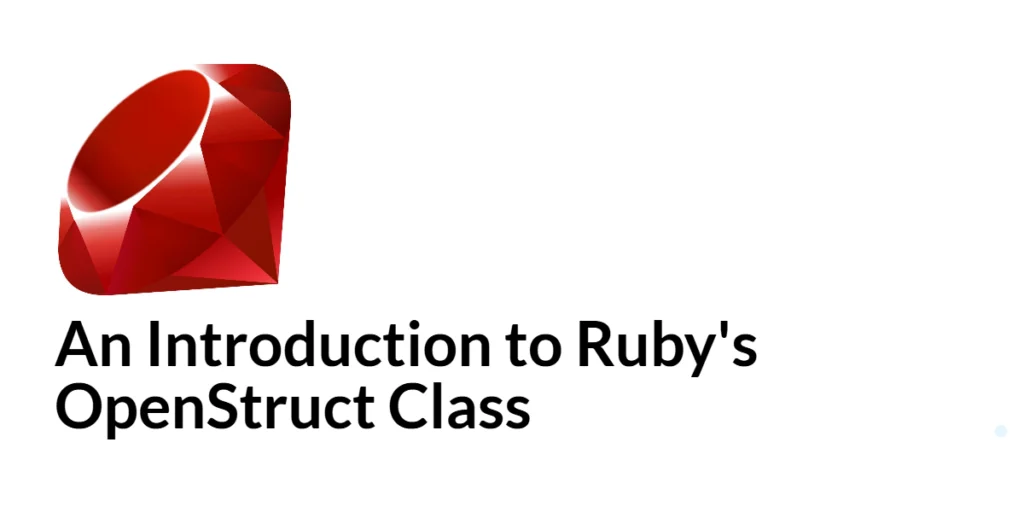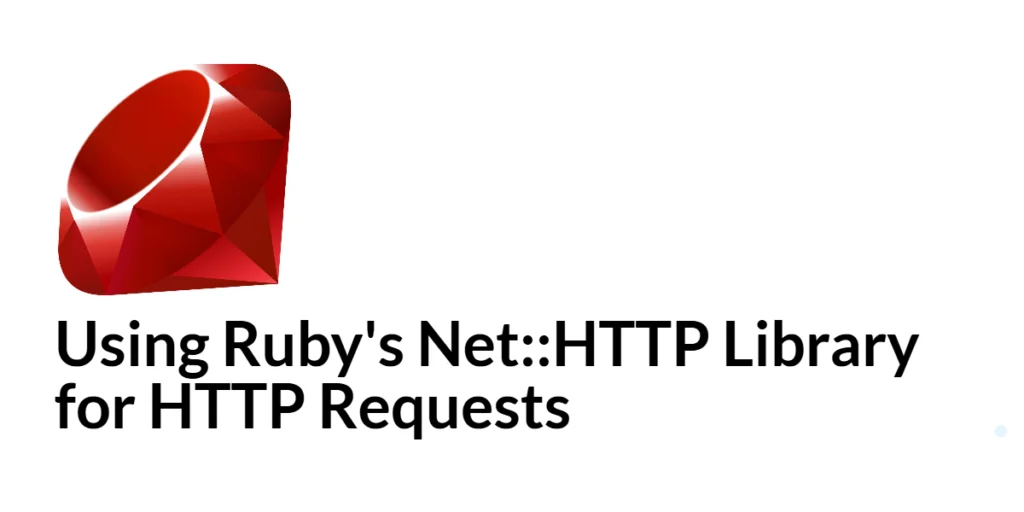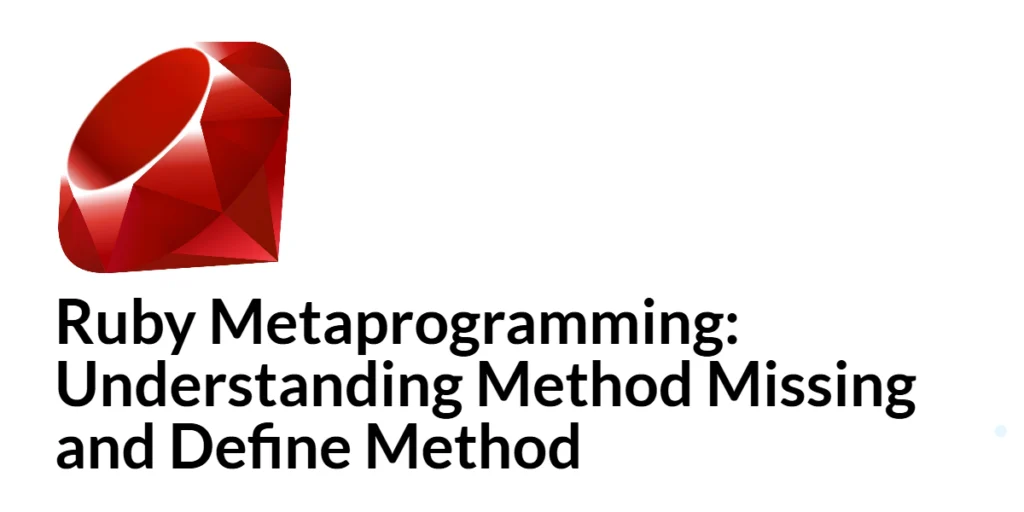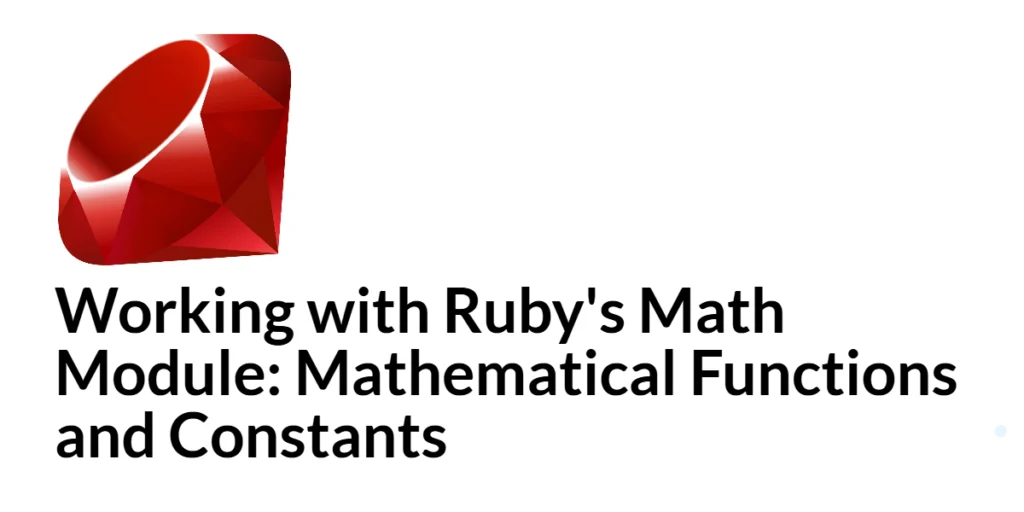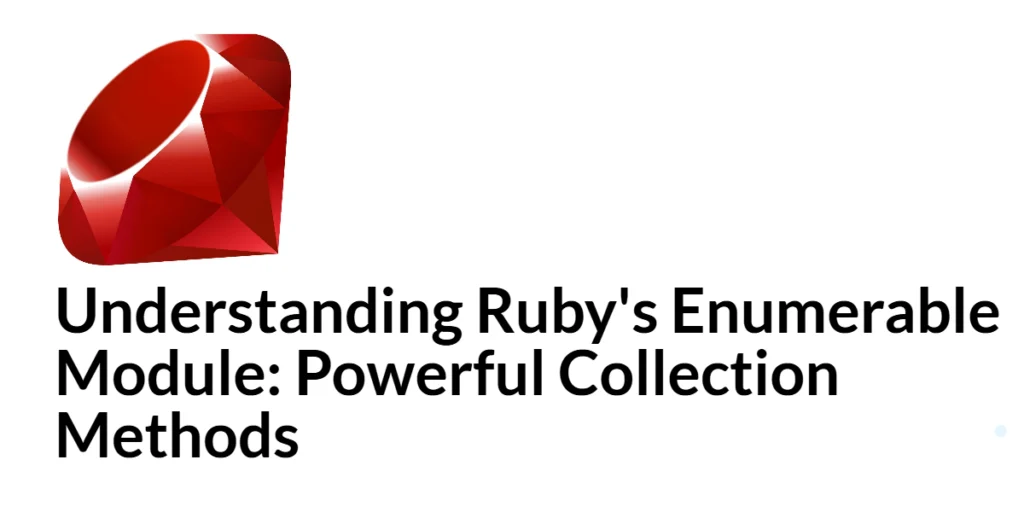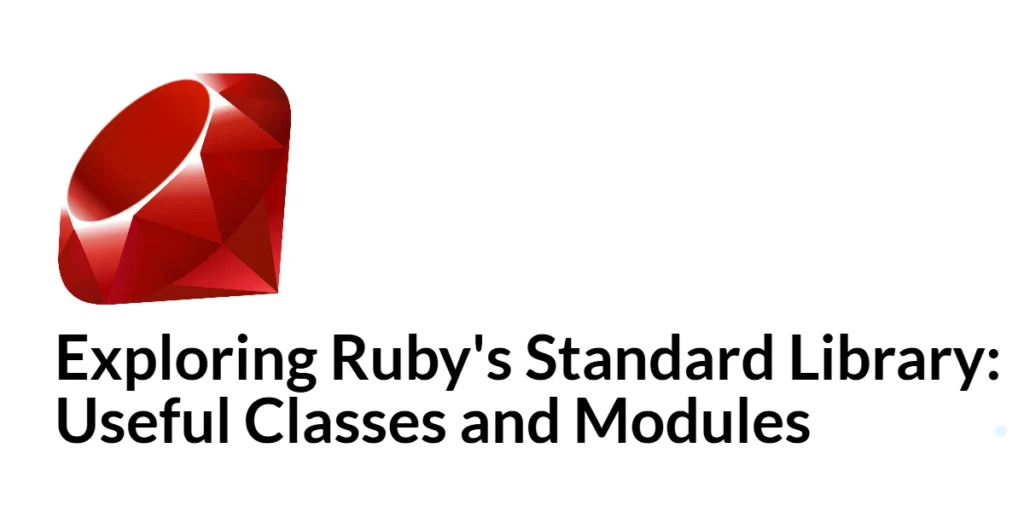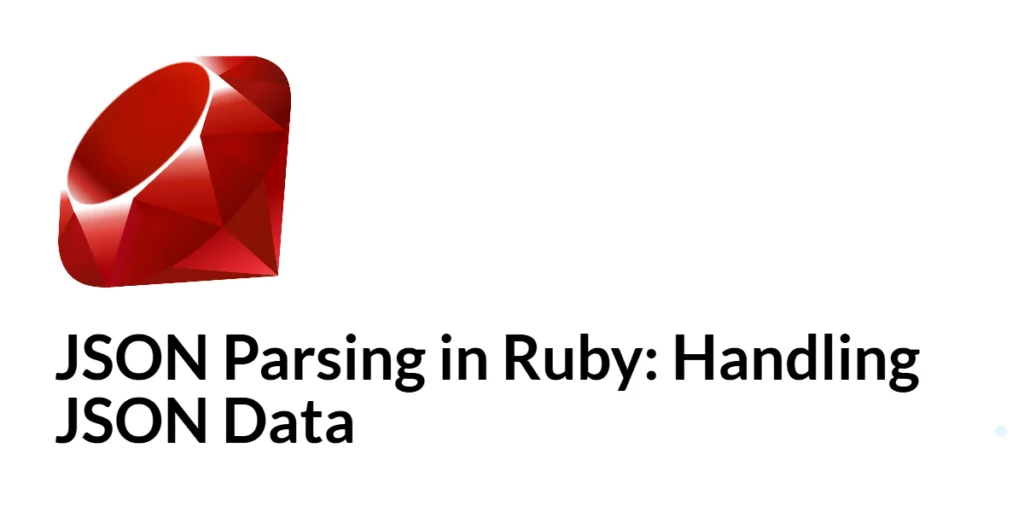Ruby’s Marshal Module: Serialization and Deserialization
Serialization is a fundamental concept in computer science that involves converting an object into a format that can be easily stored and transmitted. Deserialization is the reverse process, where the stored format is converted back into an object. In Ruby, the Marshal module provides a robust and efficient way to serialize and deserialize objects. This […]
Ruby’s Marshal Module: Serialization and Deserialization Read More »
